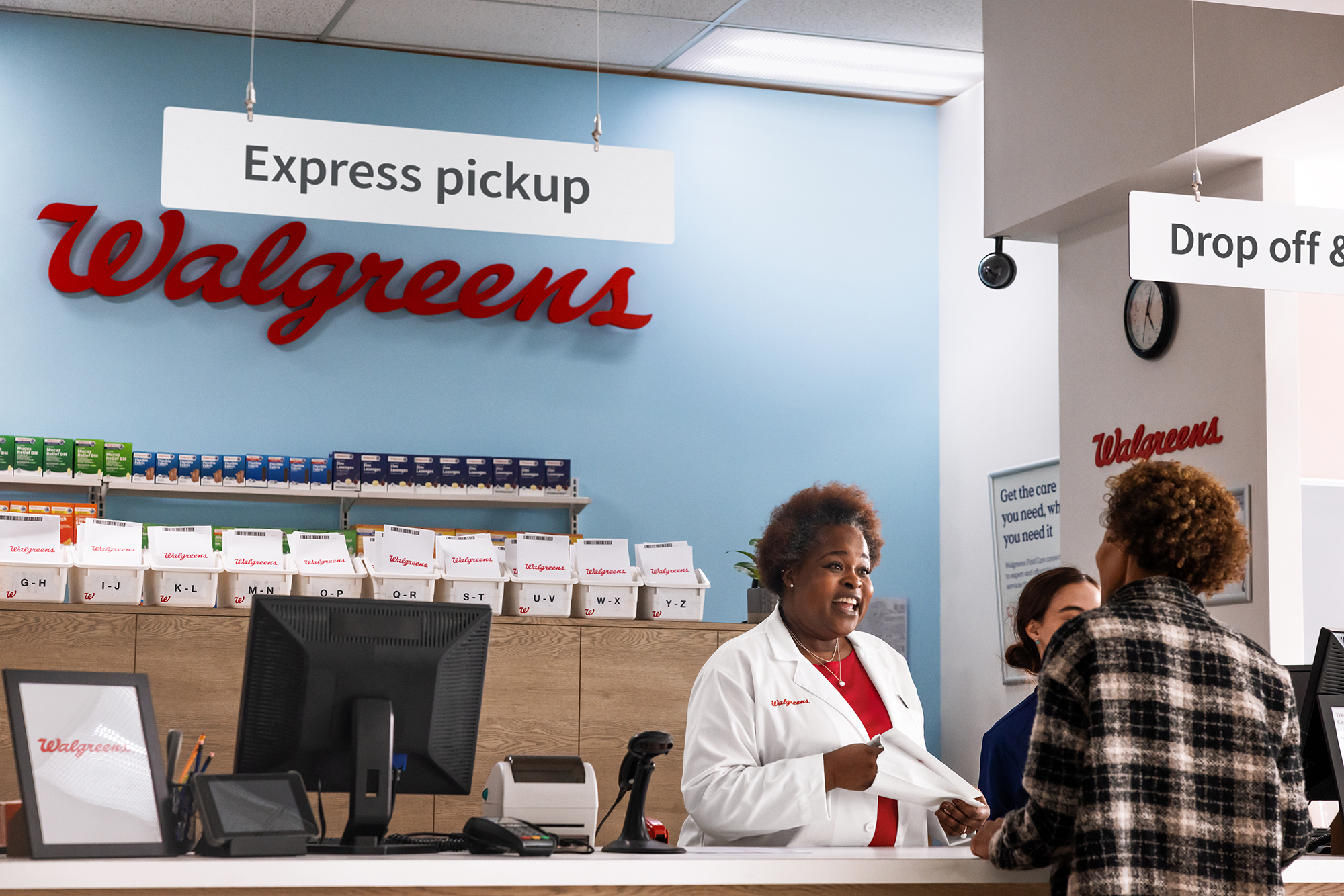Need to reach us? Here you'll find contact information for U.S. and international media inquiries.
Journalists and members of the media can reach our press office via this media contact form. Main Office Walgreens Boots Alliance, Inc. 108 Wilmot Road Deerfield, IL 60015 General Inquiries For general inquiries, please contact: U.S., +1 (847) 315-3700 International, +44 (0) 1932 870 550 U.S. Media Contacts For U.S. media inquiries, please contact Walgreens Boots Alliance USA Communications Phone...

